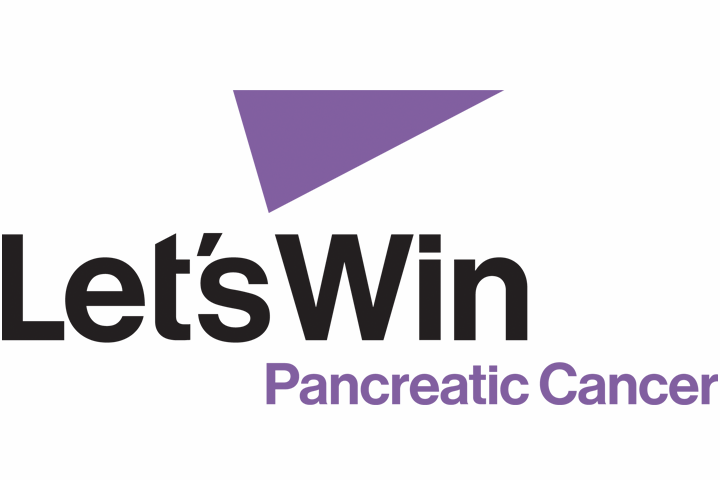New FDA Approval Brings More Treatment Options in Metastatic Disease

Diane A Reid; National Cancer Institute
The U.S. Food and Drug Administration has approved irinotecan liposome (ONIVYDE) in combination with oxaliplatin, fluorouracil, and leucovorin, for the frontline treatment of metastatic pancreatic adenocarcinoma.
The combo, dubbed NALIRIFOX, has been shown to improve overall survival for a disease that has far too few treatment options. This is the first new treatment approved for the first-line treatment of metastatic pancreatic cancer since the September 2013 approval of nab-paclitaxel (Abraxane) in combination with gemcitabine.
This approval is based on the results of the phase III randomized NAPOLI 3 study, published in The Lancet in September 2023. In the study, researchers compared both the efficacy and safety of NALIRIFOX versus nab-paclitaxel and gemcitabine as first-line therapy for metastatic pancreatic ductal adenocarcinoma. The study was conducted at 187 community and academic sites in 18 countries worldwide across Europe, North America, South America, Asia, and Australia, and included nearly 800 participants between the ages of 20 and 85 who had not received prior treatment.
A Place for a New Combination
For researchers, clinicians, and patients, this approval brings a much-needed new option for patients with advanced disease. The data from the large-scale study also more closely mirrors what clinicians see in practice. “(I’m) happy about this news,” lead author Zev Wainberg, M.D., professor of medicine and co-director of the UCLA GI Oncology Program at UCLA Health, (Los Angeles) tells Let’s Win. The study compared the regimens “in a large global, mostly community oncology setting. In this study, NALIRIFOX was superior and should be considered a new option for patients with pancreas cancer. We have a lot more work to do in this disease but more options are often better for more patients.”
Highlights from the study’s results include:
- NALIRIFOX significantly improved overall survival vs gemcitabine and nab-paclitaxel at a median of 11.1 months vs 9.2 months.
- The regimen also improved progression-free survival over gemcitabine/nab-paclitaxel, at a median of 7.4 months vs 5.6 months.
- NALIRIFOX elicited an objective response rate of 41.8 percent vs 36.2 percent with gemcitabine/nab-paclitaxel.
- For safety, grade 3 or 4 treatment-emergent adverse events which were the most common among at least 10 percent of patients in the NALIRIFOX arm vs nab-paclitaxel/gemcitabine arm included diarrhea, nausea, low potassium levels, anemia, and low white blood cells.
In 2020, the FDA granted Ipsen, the developer of ONIVYDE, Fast Track designation for the investigational use of ONIVYDE in combination with 5-fluorouracil/leucovorin and oxaliplatin together, known as NALIRIFOX, for patients with previously untreated, unresectable, locally advanced and metastatic pancreatic ductal adenocarcinoma. The FDA’s Fast Track program facilitates the development and expedites the review of drugs that treat serious conditions and have the potential to address an unmet medical need.
“Right now, what we have in first-line treatment for metastatic disease is gemcitabine/nab-paclitaxel and FOLFIRINOX as well as a few clinical trials,” said Tanios Bekaii-Saab, M.D., leader of the Gastrointestinal Cancer Program at the Mayo Clinic Comprehensive Cancer Center when interviewed by Let’s Win on these results. “It’s not enough, and we need options that improve on overall survival and progression-free survival.”
He also emphasized that NALIRIFOX “isn’t just another FOLFIRINOX.” Indeed, there is a meaningful theoretical difference between irinotecan and liposomal irinotecan, he added. Liposomal irinotecan is encapsulated by a nanoliposomal particle to prevent rapid metabolism in the peripheral blood and to potentially increase the concentration of the active drug into the tumor microenvironment.
“This new approval is indeed welcome news, and is based on very rigorous research,” says GI medical oncologist Allyson Ocean, M.D., Professor of Clinical Medicine at Weill Cornell Medicine (New York), and Chair of the Let’s Win Scientific Advisory Board. “The results are all statistically significant,” she explains. “For our patients with metastatic disease new options can extend and improve their lives. Research translated to treatment has a lot of momentum right now and is absolutely moving in the right direction.”






